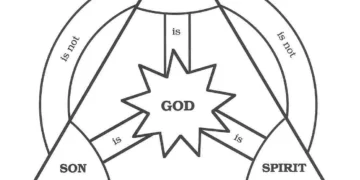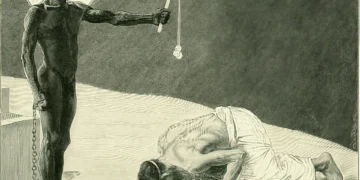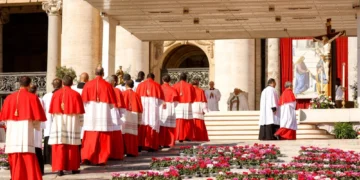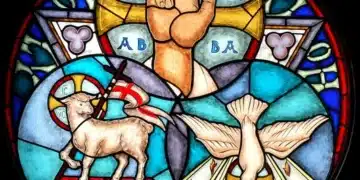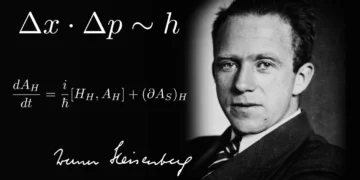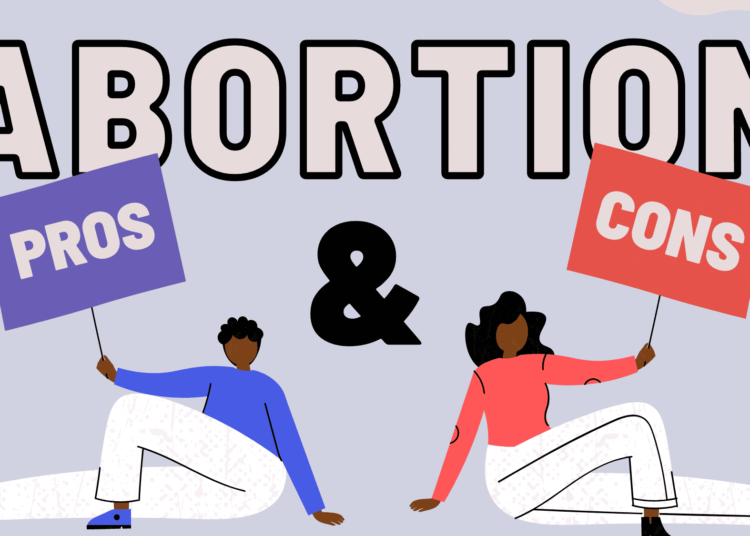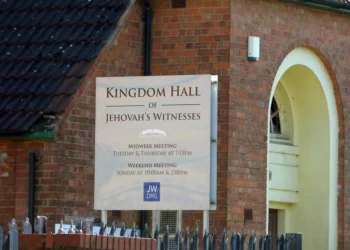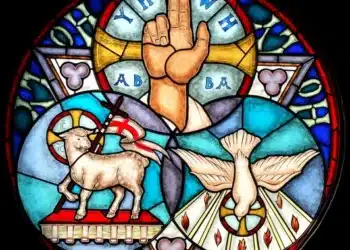In the small, bustling town of Hartsville, an incident has left the community deeply divided. A young woman, torn between her personal circumstances and religious beliefs, found herself contemplating abortion. As the town buzzed with fervent discussions, it became evident that this debate, like many others, blurred the line between individual choice and faith. Examining the topic of abortion through a Christian lens sheds light on the complexity surrounding the sanctity of life, while navigating the pros and cons that punctuate this highly contentious issue.
Christianity and the Sanctity of Life
At the core of Christian beliefs lies the premise that all human life is sacred, cherished, and possessing inherent worth. This viewpoint holds deep roots in biblical principles, emphasizing that each life is created by God, in His image and likeness, regardless of circumstances. The imperative to protect and value life from conception until natural death is an intrinsic pillar of Christian teachings.
This belief is rooted in the idea that every human life is created in the image of God and is therefore sacred and worthy of dignity and respect. Christians believe that human life is not something to be taken lightly, and that every effort should be made to protect and preserve it, from the moment of conception to the moment of natural death. This belief is reflected in the Bible’s teachings on the sanctity of human life, and is reinforced by the teachings of Jesus and the early Christian community. For Christians, the protection and valuing of human life is not only a moral obligation, but also a fundamental aspect of their faith and identity.
Pro-Life Perspective
For Christians who adhere to a pro-life stance, abortion presents significant moral conflicts. They argue that life begins at conception and should be upheld as a fundamental right, granting the unborn child the chance to fulfill its God-given purpose. With an emphasis on the biblical commandment “Thou shalt not kill,” the pro-life perspective prioritizes preserving the sanctity of human life above personal choices and societal pressures.
Here are three of the most reiterated talking points against abortion today:
- Life begins at conception, making abortion murder.
- Legal abortion promotes a culture in which life is disposable.
- Increased access to birth control, health insurance, and sexual education would make abortion unnecessary.
Pro-Choice Argument
Conversely, some Christians contend that the teachings of compassion, mercy, and grace demand a pro-choice approach when it comes to abortion. They emphasize the complexities and nuances surrounding decisions about pregnancy, asserting the importance of taking into account factors such as maternal health, rape, incest, or situations where a child may be born into vulnerable circumstances. These individuals believe that a compassionate response allows for individual autonomy while affirming God’s gift of free will.
Here are three of the most reiterated talking points for abortion today:
- Abortion is a safe medical procedure that protects lives.
- Abortion bans endanger healthcare for those not seeking abortions.
- Abortion bans deny bodily autonomy, creating wide-ranging repercussions.
Navigating Grey Areas
Navigating the grey areas surrounding abortion while considering Christian faith can be challenging. In cases where the mother’s life is endangered or in situations where the fetus is diagnosed with severe abnormalities, Christian ethicists and theologians find themselves in a moral dilemma. Drawing from biblical teachings on love, empathy, and compassion, they call for a thoughtful examination of the unique circumstances, understanding that God’s grace encompasses complex human decisions.
Some Christians believe that God values the sanctity of human life and that abortion is morally wrong, except in cases where the mother’s life is at risk. They argue that from the moment of conception, a fertilized egg is a unique and precious human life, created in God’s image, and that intentionally ending that life is a violation of God’s commandment not to murder.
Others argue that God’s love and compassion extend to all people, including women who are facing difficult circumstances during pregnancy. They believe that God would want to support and empower women to make decisions that are best for their health, well-being, and future, and that this might include access to safe and legal abortion.
Promoting a Culture of Life
Regardless of their stance on abortion, many Christian communities actively engage in pro-life efforts by supporting alternatives to abortion and advocating for comprehensive sexual education, access to healthcare, and social services. This perspective echoes an overarching desire to create a world where every life is valued, cherished, and given the necessary support to flourish.
It’s important to note that there are many different interpretations of God’s view on abortion within Christianity, and that people of faith can have differing opinions on the matter. Ultimately, the decision to have an abortion is a deeply personal and complex one, and it’s up to the individual to seek guidance from their own faith, values, and beliefs.
Focusing the Lens
The issue of abortion remains delicately woven into the fabric of societal debates. When exploring the topic through a Christian lens, the sanctity of life emerges as an ever-present, foundational principle. However, the implications and consequences of personal choices, coupled with the complexities of life’s circumstances, invite Christians to grapple with the question of how best to honor the value of each life while extending compassion and understanding. In the end, it is through respectful dialogue and compassionate action that individuals can contribute to a society that seeks to protect and uplift the sanctity of life at every stage.













